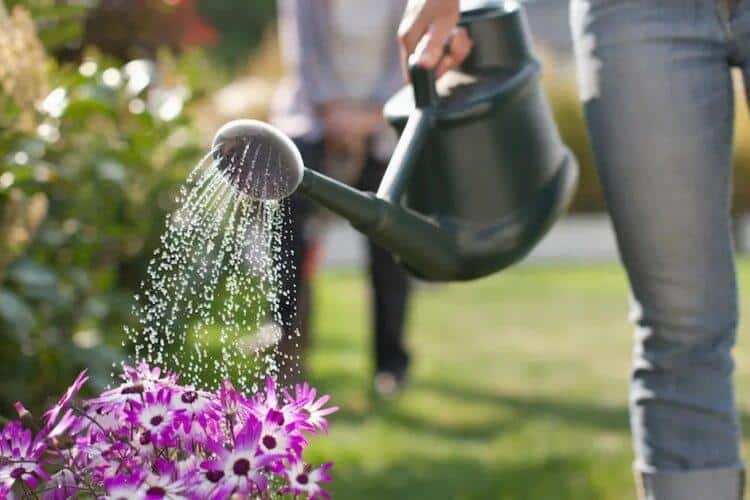In today’s fast-paced world, time is quite a precious commodity, and environmental concerns loom large, gardening enthusiasts are finding innovative ways to cultivate green spaces. One method that’s gaining momentum in this green revolution is the utilisation of tap timers, paired with a commitment to sustainability. Delve into how these timers are revolutionising gardening and promoting sustainable practices, all while saving both time and precious resources.
The Tap Timer Revolution
The traditional days of labour-intensive manual watering and guesswork are steadily receding into the past. In their place, the tap timer has emerged as a simple yet remarkably effective device that attaches to your outdoor faucet, thereby empowering gardeners to automate the watering process. This ingenious tool allows them to schedule when, how much, and for how long their garden will be watered, offering precision and control that minimises the risks of overwatering, which can be both wasteful and potentially harmful to plants. It’s no exaggeration to say that transitioning to these options has become a game-changer in gardening.
Helping Water Conservation
The spectre of a global water crisis looms more prominent each day, underscoring the urgency of conserving every precious drop. They have emerged as crucial allies in the fight for water conservation. They provide gardeners with the means to optimise their watering schedules based on their local climate and the specific needs of their plants. This minimises water wastage by preventing runoff and evaporation and significantly saves utility bills.
Energy Efficiency At Its Best
One might naturally inquire about the environmental impact of tap timers, but surprisingly, these devices also contribute to energy efficiency. By automating the watering process, they ensure that pumps and irrigation systems operate more efficiently, reducing the electricity consumed. These modest yet vital energy savings contribute to a reduction in the carbon footprint of a garden, especially when powered by sustainable and renewable energy sources.
Promoting Sustainable Gardening Practices
These timers and sustainable gardening practices go hand in hand. Gardeners who embrace these options often adopt a holistic, eco-friendly approach. This may include mulching, composting, and employing natural pest control methods. The synergistic effect of combining these timers with other sustainable practices results in gardens that are aesthetically pleasing and ecologically responsible. Furthermore, this shift towards sustainability is vital in promoting biodiversity and healthy ecosystems.
The Time-Saving Benefits
Free time is a precious commodity in today’s world, which is marked by the hustle and bustle of daily life. The timers solve this time constraint by liberating precious hours for gardeners. With the ability to schedule watering, individuals can go about their daily lives without fretting about being present to water the garden. Whether at work, on vacation, or simply unwinding, your garden remains well-tended. Their convenience and time-saving benefits are undeniable, allowing gardeners to balance their love for gardening with their busy lives.
Conclusion
In conclusion, the future of gardening is shining brightly with the integration of tap timers and sustainable practices. These unassuming devices offer profound advantages, from water conservation and energy efficiency to invaluable time-saving benefits. Gardening enthusiasts can now seamlessly adopt an eco-friendly approach, reducing their environmental impact while still luxuriating in the beauty and serenity of a well-maintained garden.
As the world grapples with the daunting challenges of climate change and the escalating demands of natural resources, one must embrace methods that steer us toward a more sustainable lifestyle. Gardening, often deemed a leisurely hobby, has now found its role in contributing to this collective effort. Transitioning to these timers and sustainable gardening practices benefits the individual gardener and contributes to a healthier planet for future generations.

